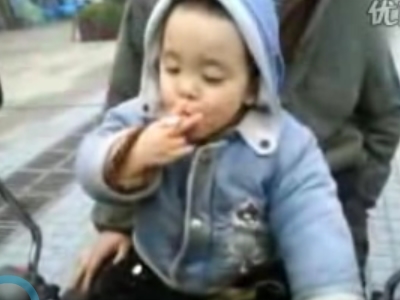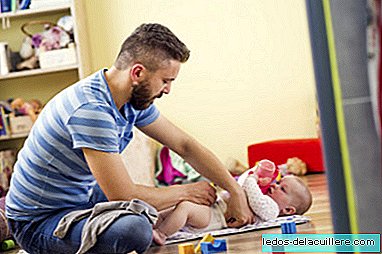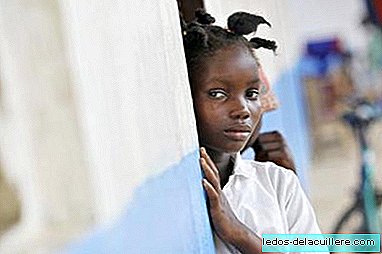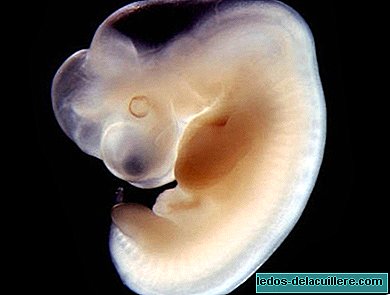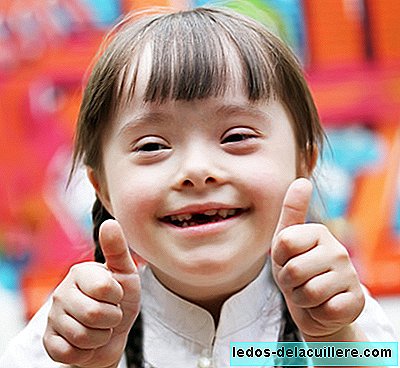
Several studies have shown that violence negatively affects children's brains and now new research indicates that abuse produces brain changes that affect people's health.
Specifically, a significant gray matter deficit has been discovered in several regions of the brain of people who had suffered some form of abuse during childhood. And, never better said, the brain has memory.
In the brain two types of tissues are distinguished, gray matter and white matter and both need to be intact to preserve the health of people. Any change in any of these regions involves changes in psychological and neuronal development.
Specific, gray matter It is mainly composed of neuronal cell bodies grouped in specific places in the brain and spinal cord. The cerebral cortex is made up of gray matter and executes almost all conscious thoughts. There is also deeper gray matter in the brain and other structures formed by this matter help coordinate movements.
The study we are talking about has been carried out by researchers from King's College London and the National University of Singapore and published in the 'American Journal of Psychiatry'.
They analyzed the gray matter of the brain using neuroimaging techniques and concluded that the abuse "produces a cascade of physiological and neurobiological changes that could cause permanent alterations of the brain structure".
To reach these conclusions, data were taken from a total of 331 individuals (56 children or adolescents and 275 adults) with a history of child abuse, plus 362 non-abused subjects (56 children or adolescents and 306 adults).
Compared to those not battered, those who suffered child abuse had a significantly smaller volume of gray matter in several areas of the brain: the right superior orbitofrontal and temporal gyrus that extended to the amygdala, the insula, and the mid-hippocampal and temporal gyri, as well as the left inferior and postcentral frontal gyri.
The most consistent gray matter anomalies are found in the ventricular and limbic-temporal prefrontal regions, which are brain regions that have a relatively late development and therefore occur after abuse.
Therefore, all are reasons to treat children well and not harm them physically or psychologically with abuse, as it is sufficiently shown that it has negative consequences not only in the moment but throughout life.



